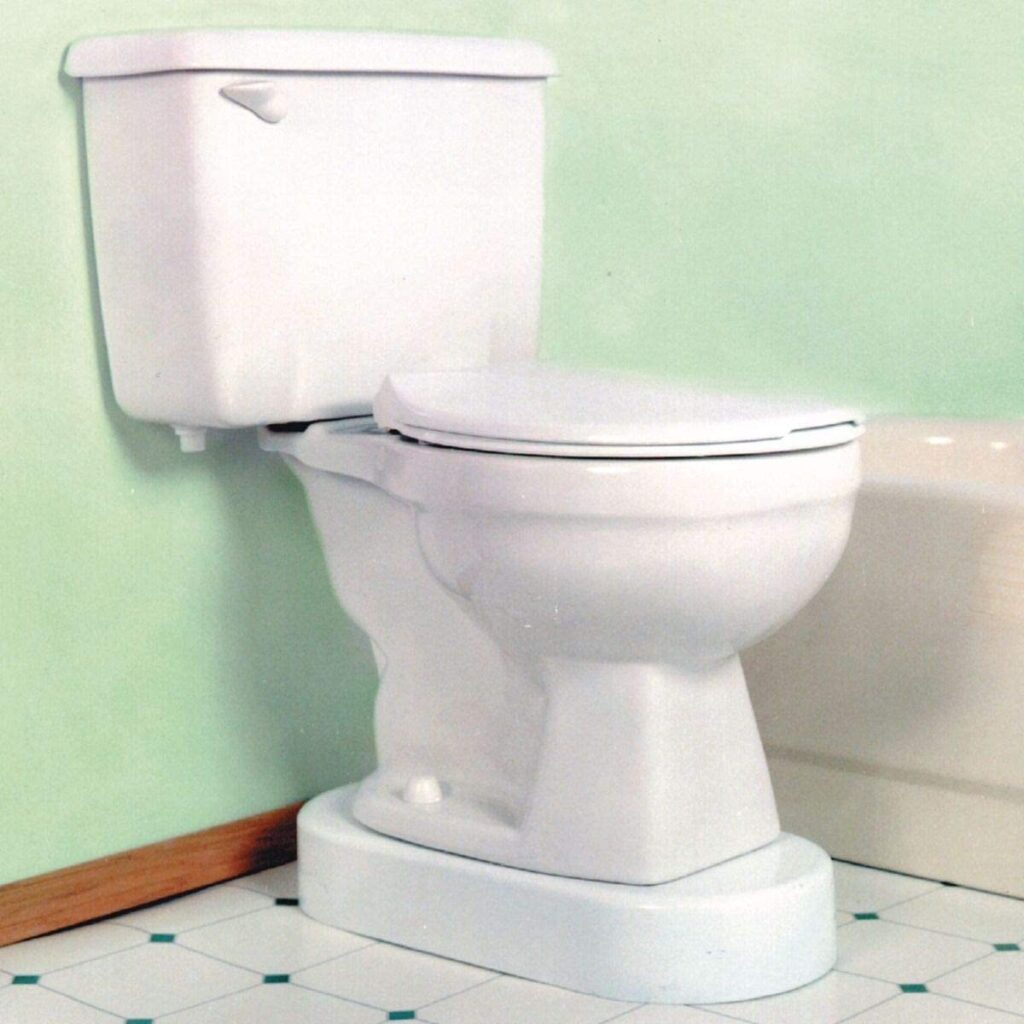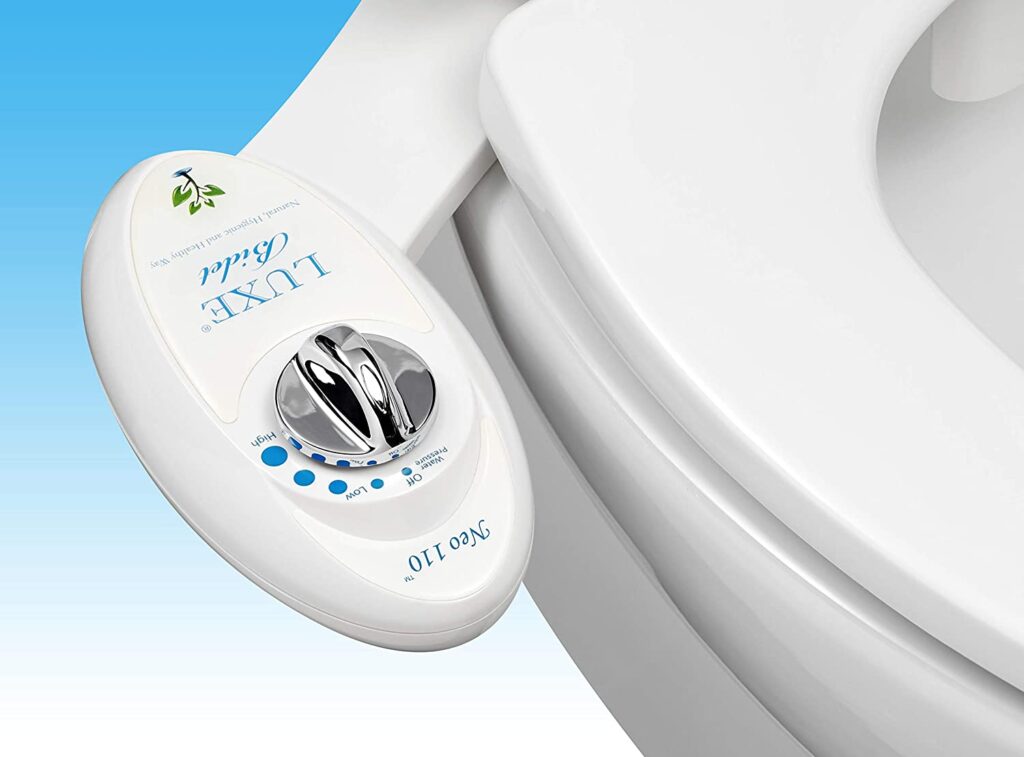If your bathroom sink suddenly starts to smell like rotten eggs, it can be an unpleasant surprise. This foul odor, often likened to the scent of sulfur or hydrogen sulfide, is not only bothersome but can indicate a deeper issue within your plumbing or drainage system. Understanding the reasons behind the smell and knowing how to fix it will help you restore a fresh and clean bathroom environment.
In this article, we’ll explore the common causes of a rotten egg smell in the bathroom sink and provide actionable solutions to get rid of the odor.
Table of Contents
A. Understanding the Rotten Egg Smell
When your bathroom sink smells like rotten eggs, the primary culprit is typically hydrogen sulfide gas. This gas, which is responsible for the characteristic odor, is produced when sulfur-containing materials interact with bacteria. It often originates from areas that are damp and prone to bacterial build-up, such as drains, pipes, or even your water heater.
While it may seem like just a minor inconvenience, the rotten egg smell should not be ignored. It’s essential to address the root cause to prevent further damage and ensure a healthy environment in your bathroom.
B. Common Causes of Rotten Egg Smell in Bathroom Sinks
Several factors can lead to your bathroom sink emitting a rotten egg smell. Let’s break down the most common causes:
1. Bacteria in the Drain
Bacterial build-up in the drain is one of the most frequent causes of a rotten egg smell. Over time, organic material such as hair, soap scum, and toothpaste can accumulate in the drain. These materials serve as food for bacteria, which thrive in moist, warm conditions. As bacteria break down the organic matter, they release sulfur compounds that produce the foul smell.
2. Sewer Gas Leaks
Another possible cause of the rotten egg smell is sewer gas leakage. Sewer gas contains sulfur compounds that can produce the same unpleasant odor. Leaks can occur if your plumbing system is not properly sealed, or if there is a blockage in the venting system, which allows sewer gas to enter your bathroom through the sink. This is a more serious issue and requires professional plumbing inspection to resolve.
3. Clogged or Dirty P-Trap
The P-trap, the curved pipe located under your bathroom sink, plays an essential role in preventing sewer gases from entering your home. It traps a small amount of water to create a seal, blocking odors from the drain. However, if the P-trap becomes clogged with debris or dries out due to insufficient water flow, it may fail to create a proper seal, allowing foul smells to escape.
4. Water Heater Issues
If the rotten egg smell is coming from hot water instead of the sink drain, the problem may lie with your water heater. A build-up of bacteria in the water heater tank, especially if it’s not flushed regularly, can lead to the production of hydrogen sulfide. This is particularly common in homes with well water, as sulfur bacteria thrive in these conditions.
C. How to Fix a Rotten Egg Smell in Your Bathroom Sink
Now that you’ve identified the potential causes, here are practical steps to eliminate the rotten egg smell in your bathroom sink.
1. Clean the Drain and Pipes
If bacteria in the drain are the source of the smell, cleaning the drain is the first step. Start by pouring boiling water down the drain to loosen any debris. Then, mix equal parts of baking soda and vinegar and pour it down the drain. Let it sit for about 30 minutes, and then flush it with hot water. For persistent odors, consider using an enzymatic drain cleaner, which targets organic material without harming your pipes.
2. Check for Sewer Gas Leaks
If you suspect a sewer gas leak, inspect the plumbing around your sink, especially the drain connections and vent pipe. If you notice any gaps or cracks, they may need to be resealed. It’s often difficult to diagnose sewer gas leaks without professional tools, so it’s recommended to call a plumber for a thorough inspection and repair if necessary.
3. Clean or Replace the P-Trap
To check the P-trap, place a bucket underneath the pipe to catch any water that might spill out. Unscrew the P-trap and clean it thoroughly to remove any clogs or build-up. If cleaning doesn’t resolve the odor, the P-trap might need to be replaced. Installing a new, properly functioning P-trap will ensure that sewer gases remain sealed out of your bathroom.
4. Addressing Water Heater Problems
If the odor seems to originate from your hot water, your water heater might be the culprit. To address the issue, flush the water heater by draining it and cleaning out any sediment or bacteria that may have accumulated. If flushing doesn’t solve the problem, you may need to replace the anode rod, which can contribute to bacterial growth if it’s corroded. For more serious issues, it’s best to contact a professional plumber or technician.
D. Preventing Future Smells in Your Bathroom Sink
Once you’ve solved the problem, it’s important to take preventive measures to avoid the smell from returning.
1. Regular Drain Maintenance
Regularly cleaning your drains will prevent organic material from building up and causing bacterial growth. Try to clean your sink drain at least once a month using a combination of baking soda, vinegar, and hot water. You can also purchase drain cleaning solutions that are designed for bathroom use.
2. Installing a Drain Filter
To prevent debris from accumulating in your drain, consider installing a drain filter. These filters catch hair, soap, and other particles before they go down the drain, reducing the chances of blockages and bacterial build-up.
3. Keeping the Bathroom Dry
Since bacteria thrive in damp environments, keeping your bathroom dry is key to preventing smells. Make sure your bathroom is well-ventilated, and use a dehumidifier or fan if necessary. Wipe down wet surfaces after each use, and fix any leaks promptly to reduce moisture accumulation.
E. When to Call a Professional Plumber
While many of the above solutions can be tackled as DIY projects, there are times when it’s best to call a professional plumber. If the smell persists despite cleaning the drain or addressing the P-trap, or if you suspect a more serious issue like a sewer gas leak, it’s time to contact a professional. A plumber can accurately diagnose the problem and offer long-term solutions to prevent future issues.
Conclusion
A bathroom sink that smells like rotten eggs is a common issue that can stem from bacteria in the drain, sewer gas leaks, clogged P-traps, or problems with the water heater. By understanding the causes and following the appropriate steps to address them, you can eliminate the odor and restore a fresh, clean environment to your bathroom. Regular maintenance and prompt attention to potential issues will keep your bathroom sink odor-free and in top condition for years to come.






